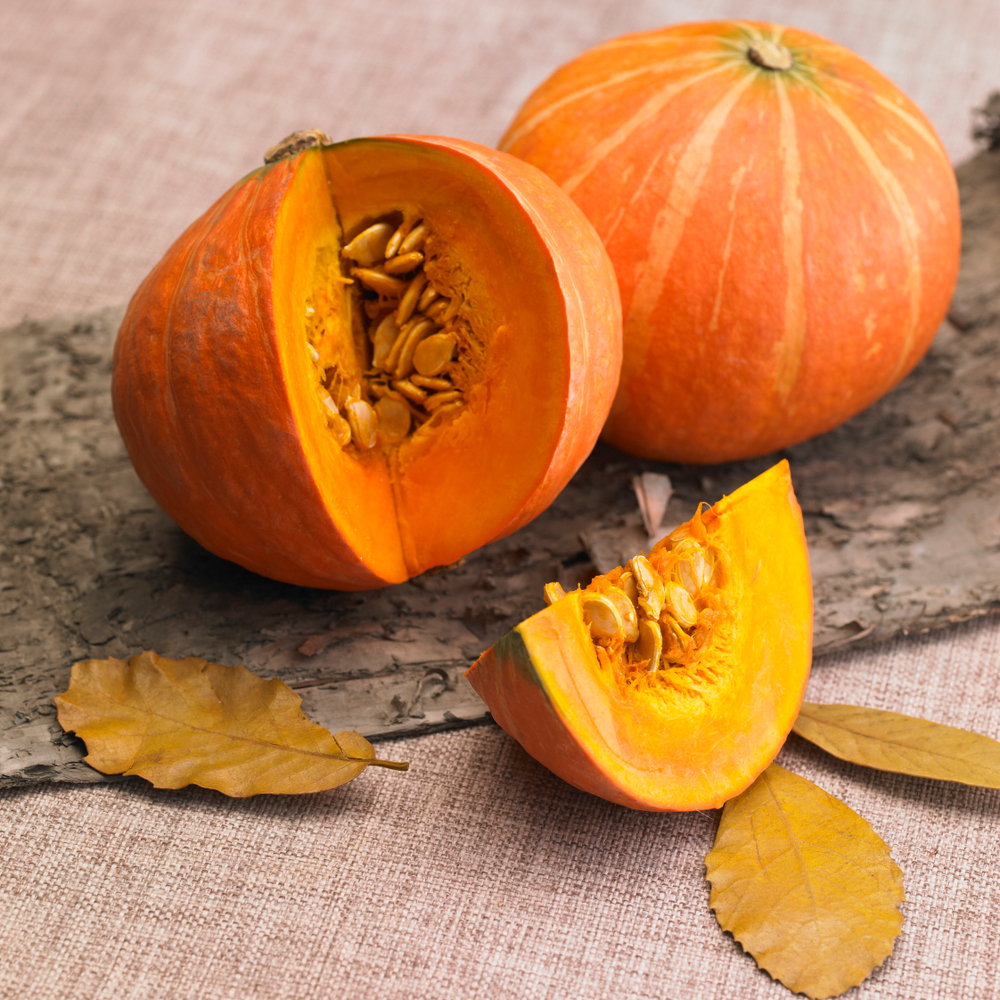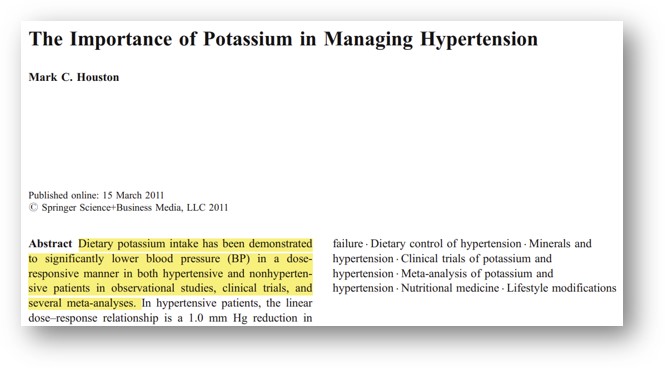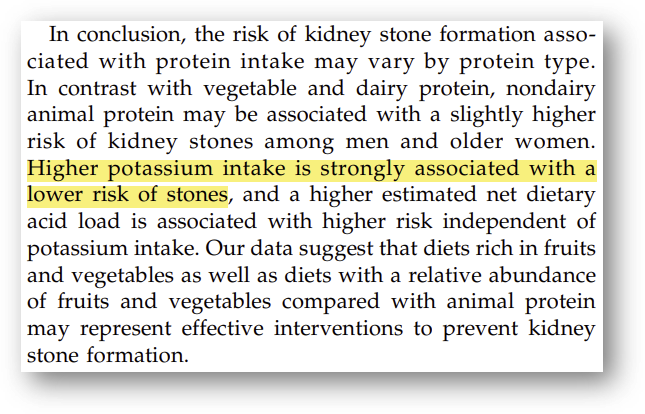Pharmacist who reads papers
What is the true nature of "this", which is said to be effective in removing swelling?
1. Reduces
blood pressure2. Reduces cardiovascular disease mortality
blood pressure2. Reduces cardiovascular disease mortality
3. Reduces the risk of developing kidney stones

Hello. I'm a pharmacist Jinny.
Are there any people who have a swelling constitution or are you worried about swelling before an important day? If so, please pay attention to 'potassium' that we will introduce to you today.
Our body has homeostasis that always seeks to remain the same. The swelling of salty foods is also based on this principle of homeostasis. When we consume too much sodium, water is stored in the body in order to maintain a constant level of sodium in the body.
Potassium can help reduce swelling. In the body, potassium and sodium compete with each other, so when potassium intake increases, sodium is excreted in the urine. As sodium excretion increases, the unnecessary water that sodium holds on to is naturally excreted as well.
Foods such as pumpkin, red beans, and bananas, which many people eat to reduce bloating, are also rich in potassium. However, potassium has quite a lot of health benefits in addition to removing puffiness. Now, let's take a closer look at the importance of potassium intake through research.
1. Reduces blood pressure
Hypertension is a risk factor that greatly increases the risk of death and the occurrence of various cardiovascular diseases. According to statistics released in 2022, a whopping 1 in 3 adults have high blood pressure. Despite this, there is still a lack of awareness about the dangers of hypertension and how to properly manage it.
In order to manage high blood pressure, you need to get 'enough' potassium. Sodium increases the risk of developing high blood pressure and complications because, as mentioned earlier, potassium intake promotes the excretion of sodium [1].

"Dietary potassium intake has been demonstrated in observational studies, clinical trials, and several meta-analyses to significantly lower blood pressure (BP) in response to dose in both hypertensive and non-hypertensive patients."
2. Reduces cardiovascular disease mortality
Potassium also supports heart health. Scientific studies have shown that higher potassium intake is associated with a lower risk of death from cardiovascular disease. This is thought to be highly related to the aforementioned blood pressure-lowering effect of potassium [2].
The National Institutes of Health (NIH) in the United States; The National Institutes of Health also notes this aspect of potassium, saying, "Increasing the amount of potassium in your diet and decreasing the amount of sodium may help lower blood pressure and reduce the risk of stroke."
Regarding the association between potassium intake and cardiovascular disease mortality among Koreans, there was a paper published by a research team at Severance Hospital in South Korea in November last year. About 140,000 adults in Korea were followed for 10 years and the following conclusions were made [3].

"Potassium intake is inversely associated with total mortality and cardiovascular mortality."
3. Reduces the risk of developing kidney stones
Kidney stones, which form stones in the kidneys, are a relatively common kidney disease. It is more frequent in men and often develops after the age of 30. It is characterized by the sudden appearance of very severe pain in the side.
Potassium intake has also been linked to the prevention of these kidney stones. Eighty percent of kidney stones are made up of calcium. When the amount of calcium in the urine increases, the calcium clumps together and makes it easier for stones to form. Therefore, getting enough potassium, which prevents calcium from being excreted in the urine, may reduce the risk of developing kidney stones [4].

"The higher the potassium intake, the lower the risk of stones."
Today, we're going to talk about the importance of potassium intake.
Perhaps because potassium is relatively unknown compared to other minerals, Koreans' potassium intake is very insufficient. According to the <2020 Korean Nutrient Intake Standards>, 88.6% of Korean women in their 20s and 77.7% of women in their 30s and 40s consume less than enough potassium. On the other hand, sodium, which is a rival to potassium, is eaten in great quantities. Koreans' sodium intake is 1.6 times higher than the WHO recommendation.
Therefore, in order to prevent swelling and to enjoy other health benefits, it is recommended to pay more attention to potassium intake. If you inevitably eat foods high in sodium, you may want to balance it out by eating foods high in potassium or supplements.
I hope you have a healthy day in body and mind. It was Jinny.
[1] Houston M. C. (2011). The importance of potassium in managing hypertension. Current hypertension reports, 13(4), 309–317.
[2] Weaver C. M. (2013). Potassium and health. Advances in nutrition (Bethesda, Md.), 4(3), 368S–77S.
[3 ]Kwon, Y. J., Lee, H. S., Park, G., & Lee, J. W. (2022). Association between dietary sodium, potassium, and the sodium-to-potassium ratio and mortality: A 10-year analysis. Frontiers in nutrition, 9, 1053585.
[4] Ferraro, P. M., Mandel, E. I., Curhan, G. C., Gambaro, G., & Taylor, E. N. (2016). Dietary Protein and Potassium, Diet-Dependent Net Acid Load, and Risk of Incident Kidney Stones. Clinical journal of the American Society of Nephrology : CJASN, 11(10), 1834–1844.
[2] Weaver C. M. (2013). Potassium and health. Advances in nutrition (Bethesda, Md.), 4(3), 368S–77S.
[3 ]Kwon, Y. J., Lee, H. S., Park, G., & Lee, J. W. (2022). Association between dietary sodium, potassium, and the sodium-to-potassium ratio and mortality: A 10-year analysis. Frontiers in nutrition, 9, 1053585.
[4] Ferraro, P. M., Mandel, E. I., Curhan, G. C., Gambaro, G., & Taylor, E. N. (2016). Dietary Protein and Potassium, Diet-Dependent Net Acid Load, and Risk of Incident Kidney Stones. Clinical journal of the American Society of Nephrology : CJASN, 11(10), 1834–1844.



![[Glutathione benefits] is also important for the brain! 3 Benefits of Glutathione, the King of Antioxidants](http://esther-mall.com/cdn/shop/articles/30.jpg?v=1733992645&width=480)
![[Calcium Benefits] 3 hidden benefits of calcium that are essential for diet](http://esther-mall.com/cdn/shop/articles/32.jpg?v=1733993146&width=480)